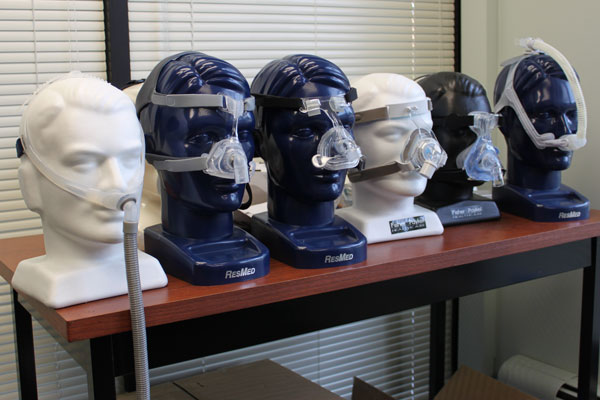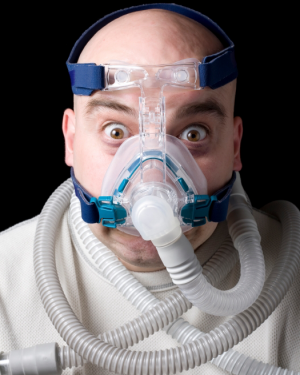Yesterday’s post on my sleep apnea diagnosis got a lot of response. Two big lessons from all the feedback: Far more people have sleep apnea than I knew, and those who have since been treated recall the huge mental distress caused by inadequate sleep.
Mood music:
Said one friend: “BIll, I too have sleep apnea. It’s a vicious, horrible physical problem. You don’t even realize how badly the lack of REM and deep sleep is changing your behavior and your emotional stability. Also impacts you physiologically in many and varied ways, including poor metabolism and blood pressure.”
I’ve attributed a lot of things to my occasional bouts of depression: past battles with addictive behavior, the OCD when I let it run hot for too long, personal experiences with illness and death and lack of daylight in the winter. I never really considered the sleep angle, though I suppose I’ve known about that all along.
Getting to the bottom of my sleep patterns started as an effort to deal with snoring and was more for Erin’s sanity than mine. (She’s a light sleeper, which means my snoring really messes with her own sleep quality.) But the benefits of this experience may turn out to be much deeper.
I’ve also gotten a lot of feedback on the usefulness of CPAP machines. A couple of readers reported that it was of little help. Many more readers said the device changed their lives.
Said another friend: “The first night I slept with the CPAP machine was the best night of sleep I’d had in two decades — no exaggeration.”
I’ve been told the success or failure of this depends on how accurately the sleep doctors fit me for the mask. You can bet I’ll keep that in mind when I have it done.
I thank you all for the responses. I’ll keep you posted on how the machine works.


